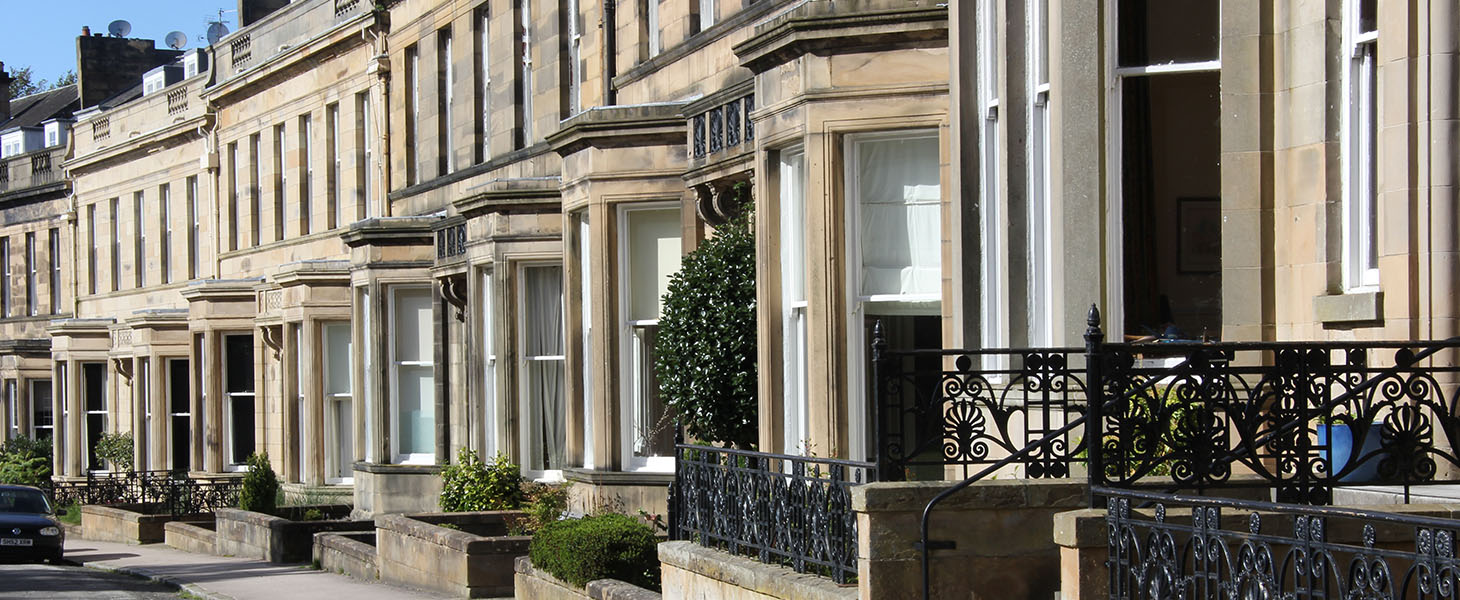Chartered surveyor
?Surveyor? is a very broad term that covers a variety of disciplines and activities such as; land surveys, property surveys, construction/engineering surveys, quantity surveying etc.
?Chartered surveyor? is the legally protected title that is given to surveyors who have passed an assessment of professional competence. Learn more may be the Royal Institution of Chartered Surveyors (RICS), and only fully-qualified members are allowed to use the designated title of ?chartered surveyor?. That is denoted by ?MRICS? following their name.
Members of the RICS must keep up-to-date with current practice, and adhere to a code of professional and ethical standards which requires them to:

Act with integrity.
Always provide a high standard of service.
Act in a way that promotes trust in the profession.
More help with respect.
Take responsibility.
Chartered surveyors may also be at the mercy of an RICS Complaints Handling Procedure which is available on request to any client. Furthermore, services supplied by chartered surveyors should be backed by professional indemnity insurance (PII) lasting around six years from the date of any professional work being undertaken.
Chartered surveyors may work in a range of different property and building fields, often providing clients with specialist suggestions about property-related issues. These services commonly include; providing property valuations, assessing buildings for defects, assessing damage or dilapidations for insurers, mortgage valuations, quantity surveying, land surveying, estate management, environmental advice, and so on. However, individual chartered surveyors rarely have expertise in all of the different areas, which explains why partnerships or other organisations are formed to provide a wider selection of services.
